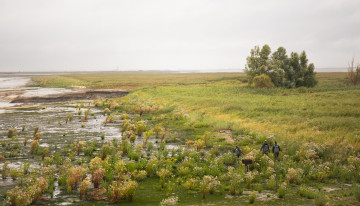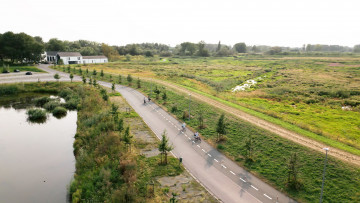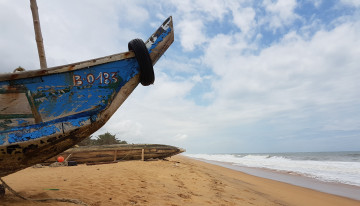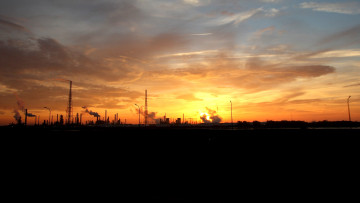In a joint effort to tackle one of the most contaminated sites in Flanders, we are joining forces with OVAM and DEME. The temporary partnership has been tasked with remediating the grounds of the former arsenic plant in Bocholt, 53 years after its closure. This landmark case, known as 'Dossier Number One', promises to be a significant milestone in the history of soil remediation in Flanders.
A unique partnership for a big challenge
Remediating the soils around the former arsenic plant is a complex and delicate operation. With heavy metals penetrating deep into the soil, the task requires a thorough approach and soil remediation expertise. Therefore, together with OVAM and DEME, we opted for a unique collaboration. By joining forces, we can offer a results-oriented approach while meeting the high demands of this project.
One of the crucial aspects of this project is the results guarantee set by OVAM. Five years after completion of the remediation works, there must be a demonstrable improvement in the contamination of the groundwater around the site. This means that not only the remediation itself is of great importance, but also the long-term monitoring and maintenance of the cleaned areas.
A step towards recovery and sustainability
The remediation of 'Groot Fabriek' in Bocholt represents not only a technical challenge, but also an important step towards restoration and sustainability for the region. Tackling the contaminated land will not only make the immediate area safer, but also set a precedent for future remediation projects in Flanders. With a carefully outlined plan and dedicated implementation, we hope to have a positive impact on the environment and communities affected by this contamination.

You might also find this interesting
Want to know more about this project?
We are happy to help!









